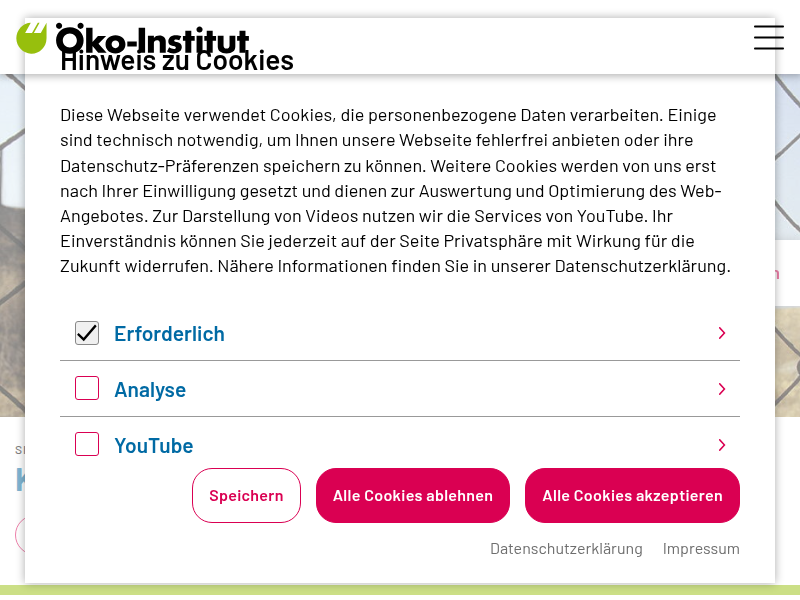Epigenetics, Transgenic Plants & Risk Assessment | oeko.de https://www.oeko.de/publikation/epigenetics-transgenic-plants-risk-assessment/?tx_form_formframework%5Baction%5D=perform&tx_form_formframework%5Bcontroller%5D=FormFrontend&cHash=4c64c668600e300b9433279afe2188d2
knowledge gaps and last but not least the implication that these uncertainties have
knowledge gaps and last but not least the implication that these uncertainties have

